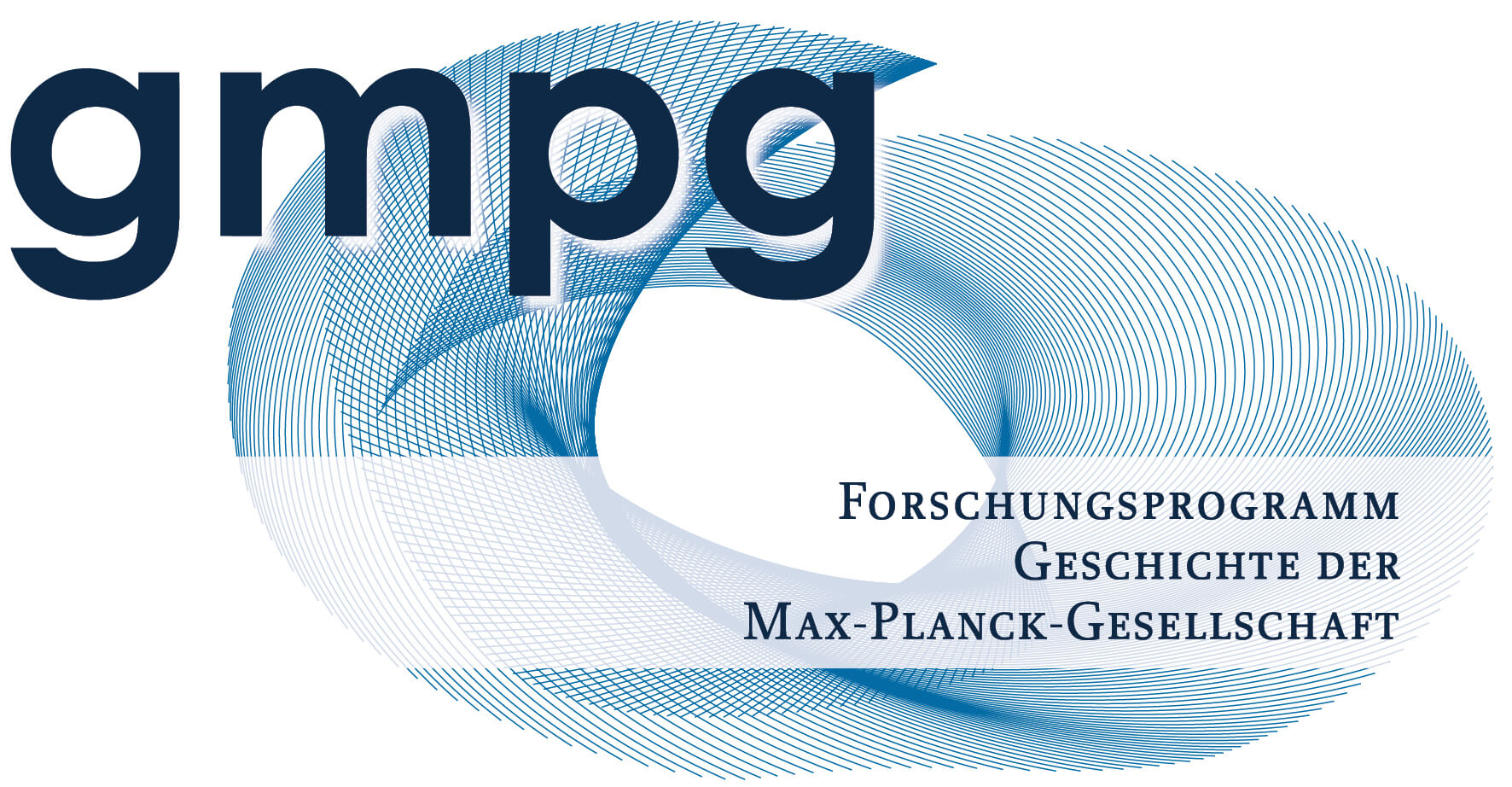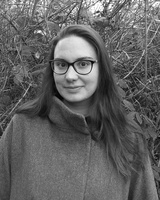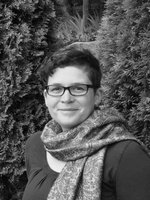Visiting Scholars
-
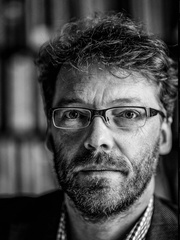
Prof. Dr. med. Cornelius Borck
Cornelius Borck is a Professor for History, Theory, and Ethics in Medicine and the Natural Sciences, as well as Director of the Institute for the History of Medicine and Epistemic Research at the University to Lübeck. In the Research Program GMPG he analyzes the development of strategies and practices of visualization at the Max Planck Institutes in the area of brain research, neurosciences, psychology, and psychiatry.
-
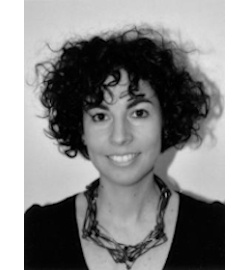
Dr. Maria Teresa Costa
Britta Behm's current research focuses on the history of "empirische Bildungsforschung" (empirical education research) as an integral part of contemporary history. Within the framework of the GMPG project, she is working on the history of the Max Planck Institute for Human Development (Max-Planck-Institut für Bildungsforschung), which was founded in West Berlin in 1963.
-

Dr. Johannes-Geert Hagmann
Johannes-Geert Hagmann is head of the curatorial department for technology at the Deutsches Museum in Munich. His main research interests comprise the history of physics in the 19th and 20th century as well as the cultural diplomacy of science and technology in the interwar period. For the GMPG Project he explores the emergence and development of laser physics and quantum optics within the Max Planck Society.
-
-
-
-
-
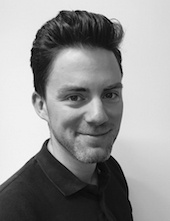
Dr. Jasper Kunstreich
Jasper Kunstreich studied in Heidelberg and Oxford and remained at the University of Oxford as a doctoral student until 2016. Since 2016, he has been a research fellow at the Max Planck Institute for European Legal History, focusing on the history of commercial law and institutional economics.
-
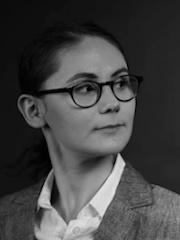
Anna Klassen, M.A.
Anna Klassen is working as a PhD student on the project "Competing for Sovereignty in Cooperative Committees: Bioethical Debates and the Development of a Regulatory Policy for the Life Sciences in Germany in the 1980s" at the Friedrich Schiller University Jena.For the GMPG Research Program she is examining the early German safety debate with respect to the social, political, and scientific negotiations concerning the ririsk assessment of modern life sciences following the Asilomar Conference (1975).
-
-
-
-
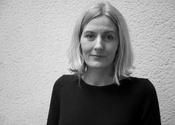
Dr. phil. J-Prof. Lisa Malich
Lisa Malich joined the Research Program in the History of the Max Planck Society (GMPG) with the project “History of Clinical Psychology and Addiction Research in the Max Planck Society.” Since 2016, she is an Assistant Professor (“Juniorprofessur”) for the History of Knowledge of Psychology and Psychotherapy at the University of Lübeck.
-
-
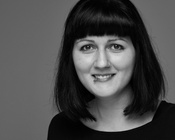
Vanessa Osganian, M.A.
For the GMPG program, she focuses on the role of the Max Planck Society for the formation and establishment of the Alliance of Science Organisations in Germany. The aim is to contribute thereby to the reconstruction of the history of the Max Planck Society by shedding light on the role the Max Planck Society played in the field of German science policy.
-
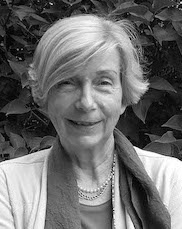
Prof. em. Dr. Carola Sachse
Carola Sachse is Professor Emerita at the Institut für Zeitgeschichte (Institute of Contemporary History) at the University of Vienna, where she taught between 2004 and 2016. For the GMPG Research Program, she explores the history of the Pugwash Conferences on Science and World Affairs, with special emphasis on the involvement of MPG scientists.
-

Dr. Matthias Schemmel
Before Matthias Schemmel began teaching at the University of Hamburg in 2022, Matthias Schemmel was senior research scholar at the Max Planck Institute for the History of Science in Berlin. In the context of the GMPG Research Program he studies the reflection on science and its role in society at the Max Planck Institute for the Study of the Scientific-Technical World (1970–1980).
-
-
-
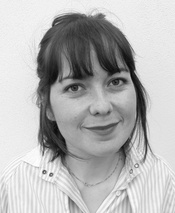
Dr. des. Dana von Suffrin
During her stay as Visiting Scholar in the GMPG Research Program, Dana von Suffrin worked on HUGO, the Human Genome Organization, founded in 1988.
-
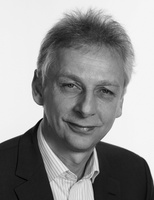
Prof. Dr. Helmuth Trischler
Helmuth Trischler is head of research at the Deutsches Museum, Munich, professor of modern history at Ludwig Maximilian University Munich, and director of the Rachel Carson Center for Environment and Society. His main research interests are innovation cultures in international comparison; science, technology and European integration; and environmental history. He has conceptualized the world’s first major exhibition on the Anthropocene (Welcome to the Anthropocene. The Earth in Our Hands) which has been on display at the Deutsches Museum 2014-2016.
-
-
-
Former Visiting Scholars
-
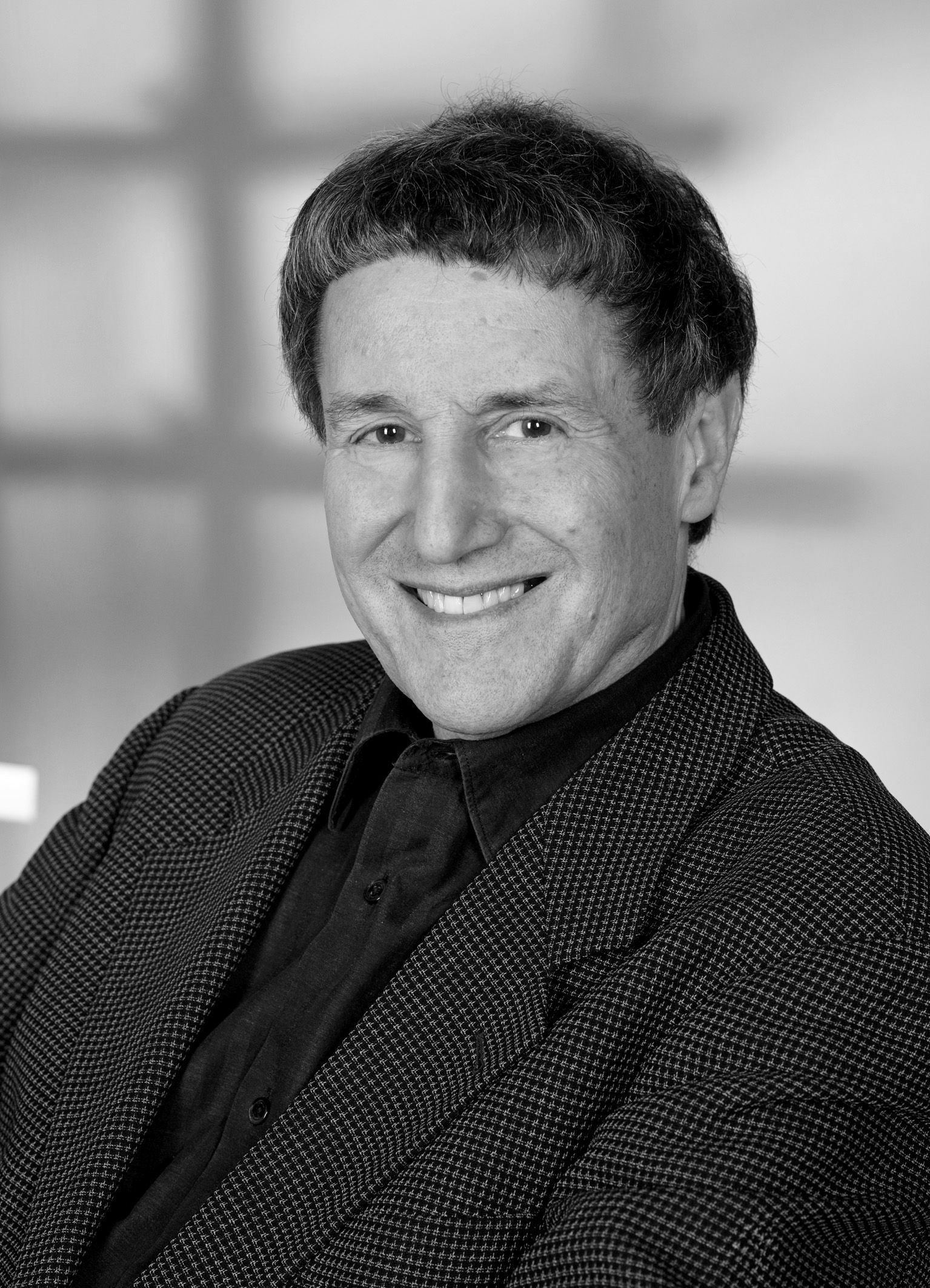
Prof. em. Dr. Mitchell G. Ash
Mitchell G. Ash is Professor Emeritus of Modern History with emphasis in the History of Science at the University of Vienna, Austria (since 2016). During his stay as Visiting Scholar in the GMPG Research Program, Ash is working on the repositioning of the Max Planck Society during the unification of Germany (since 1990).
-
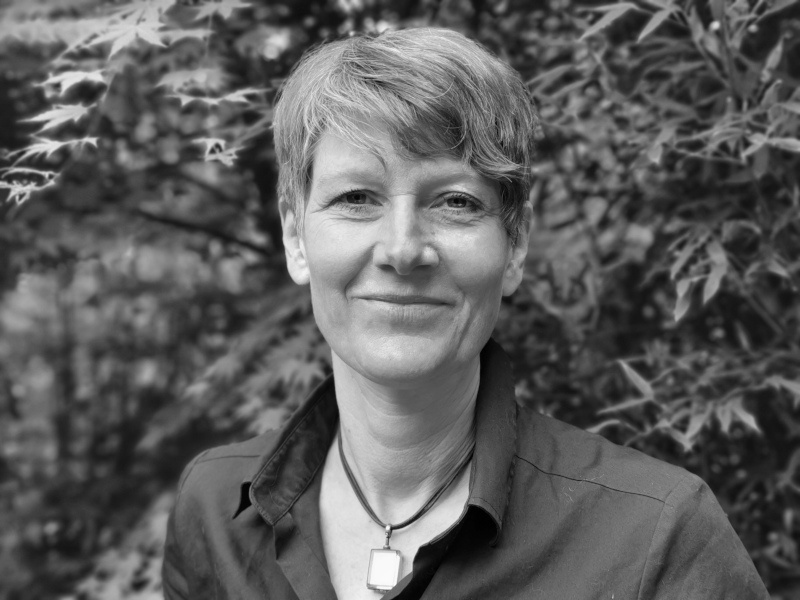
Dr. Britta Behm
Britta Behm's current research focuses on the history of "empirische Bildungsforschung" (empirical education research) as an integral part of contemporary history. Within the framework of the GMPG project, she is working on the history of the Max Planck Institute for Human Development (Max-Planck-Institut für Bildungsforschung), which was founded in West Berlin in 1963.
-
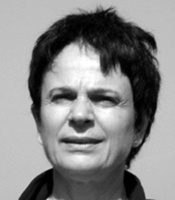
Dr. Luisa Bonolis
Luisa Bonolis’ main research interests are in the history of 20th century physics, particularly the evolution of cosmic ray research into astroparticle physics, the birth of high-energy astrophysics and relativistic astrophysics, the emergence of collider physics in Europe, and internationalism in European physics during the 1930s.
-
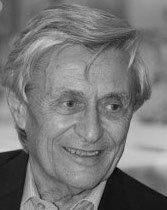
Prof. em. Dr. Hanoch Gutfreund, M. Sc.
Hanoch Gutfreund was a Visiting Scholar in the GMPG Program from August 2016 to July 2018. He received both his M.Sc. and Ph.D. in physics from Hebrew University of Jerusalem (HU), Israel. His main research interests include theoretical solid state physics, mechanisms of superconductivity, statistical physics, theory of neural networks, computational neuroscience, history of science and the history of relativity.
-
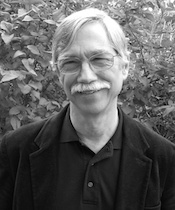
Prof. em. Dr. Jeffrey Allan Johnson
Jeffrey Johnson is an expert on 19th and 20th century German history, from Imperial Germany to Nazi Germany, and on the history of science and technology. For the GMPG Research Program, Jeffrey Johnson investigates the relevant Max Planck Institutes’ biochemical research networks in early postwar Germany.
-
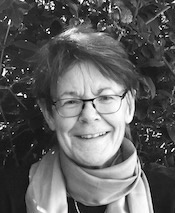
Doris Kaufmann was a Visiting Scholar in the GMPG Program from July 2017 to December 2018. She is working on the history of ethology. Kaufmann focuses on the emergence and implications of Konrad Lorenz' internationally acknowledged scientific stardom.
-
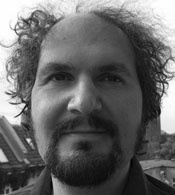
Dr. Roberto Lalli
Roberto Lalli is a historian of modern physical sciences whose work focuses on the interconnections between social and epistemic factors in the production and circulation of novel products in theoretical physics and in the international standardization of scientific practices during the 20th century. Since August 2022 Roberto Lalli is Assistant Professor in the Department of Mechanical and Aerospace Engineering (DIMEAS) at the Politecnico di Torino (Italy).
-
PD Dr. Ariane Leendertz
Ariane Leendertz was a Visiting Scholar in the GMPG Program from October 2016 to September 2018. She is Head of the Research Group “The Economization of the Social and the History of Complexity” at the Max Planck Institute for the Study of Societies in Cologne. Her project within the GMPG Research Program is "Changes in Corporate Imagination and Institutional Consequences, 1970s to the Present.”
-
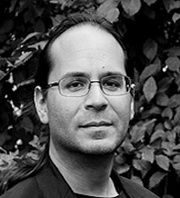
Dr. Juan Andres Leon Gomez
Juan Andres Leon Gomez trained as a physicist and a historian before doing a PhD in the History of Science. His work looks at the role of science as world transforming practice, political ideology and personal habitus.
-
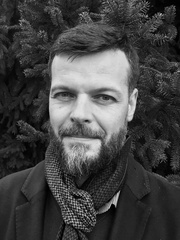
PD Dr. Fabian Link
Fabian Link’s main focus of research is on the history of the humanities and social sciences in Nazi Germany and the Cold War. From 2018 to 2020 Fabian Link was a guest researcher at the Institute for Social Research in Frankfurt; as of 2020 he teaches history of science and technology at the University of Wuppertal. For the GMPG Research Program he investigates the History of the Max Planck Institute for the Study of Societies 1985-2003.
-
Dr. Rebecca Mertens
Rebecca Mertens is a postdoctoral researcher in the history and philosophy of science and a member of the collaborative research program “Practices of Comparison: Ordering and Changing the World” at the University of Bielefeld. Her main interest is on the various uses of analogies in the construction of theoretical models and experimental set ups in the life-sciences in the 20th century.
-
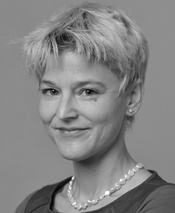
Prof. Dr. Kärin Nickelsen
Prof. Dr. Kärin Nickelsen is Professor for History of Science at Ludwig Maximilian University Munich. She is also spokesperson of the DFG research group “Cooperation and Competition in the Sciences”. Her research interests include the history of experimental life sciences, the construction of scientific models, and individual and collective research heuristics. During her stay as Visiting Scholar in the GMPG Research Program, Kärin Nickelsen is researching the role of the MPG in the Human Genome Project (c. 1990-2003) and its cooperative and competitive practices and conventions.
-
-
-
-
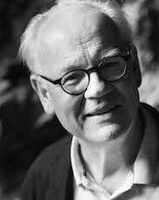
Prof. em. Dr. Peter Schöttler
Peter Schöttler was educated in Bochum and Paris and from 1989 to 2015 served as Directeur de Recherche of the Centre National de la Recherche Scientifique in Paris, the French equivalent to the Max Planck Society. Since 2001 he has been teaching as an Adjunct Professor at the Free University of Berlin.
-
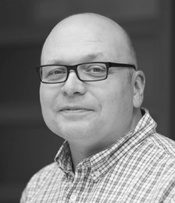
Prof. Dr. med. Frank W. Stahnisch, M.Sc.
Frank W. Stahnisch is Alberta Medical Foundation/Hannah Professor in the History of Medicine and Health Care at the University of Calgary, Canada. His research interests cover the history of neuroscience, psychiatry, public mental health as well as the emergence of physiological research from the 18th to the 21st centuries.
-
Mag. Dr. Dr. Hanna Lucia Worliczek
With a dual doctoral qualification in biology (2010) and history of science (2020) Hanna Worliczek’s research is currently focused on valuation dynamics of different ways of knowing in cell biology after 1950. Funded by a research fellowship of the Gerda Henkel Foundation, she is associate fellow at the Department of History at the University of Vienna. As a visiting scholar in the GMPG Research Program she studies the history of cell biological research in the Max Planck Society (ca. 1970–1990).
-
